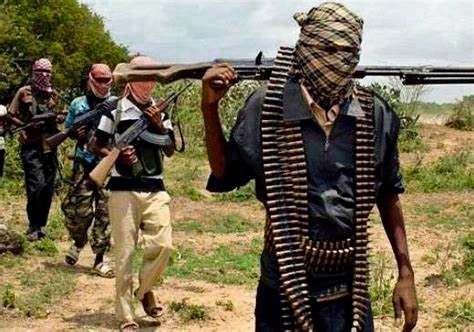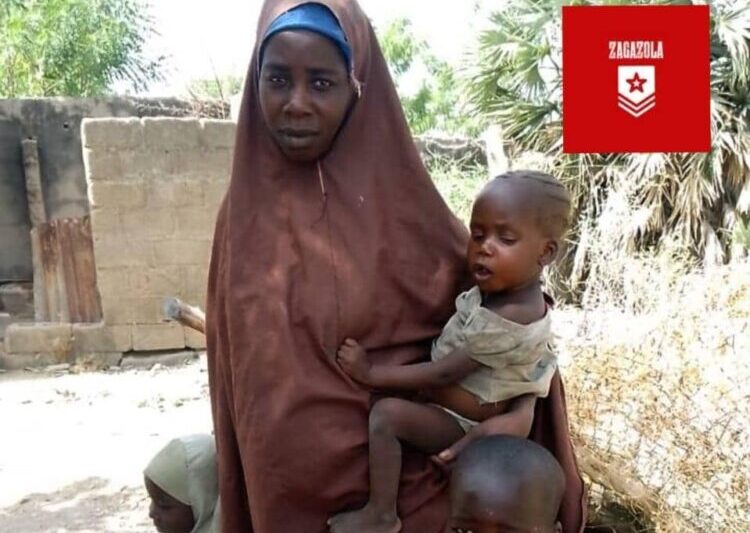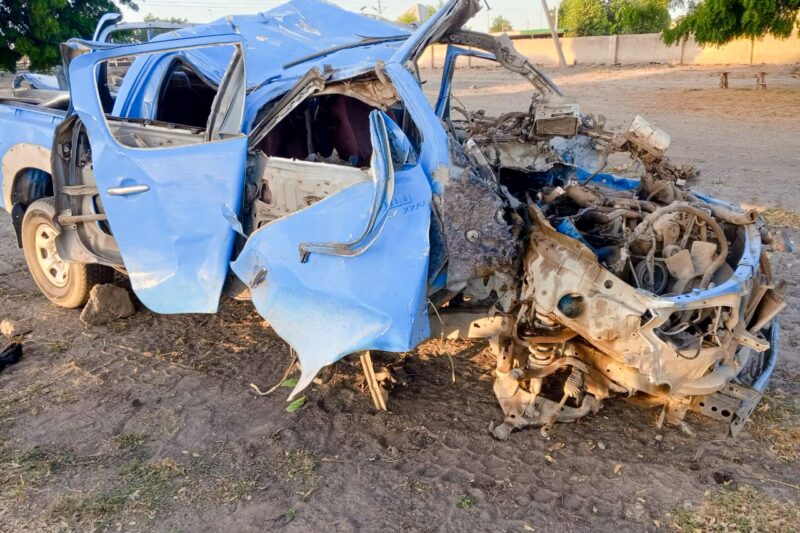As most of the world celebrated the International Day of Education on Monday, January 24, there was not much to celebrate in the G5 Sahel countries, where thousands of schools and other learning facilities are closing or have remained closed because of persistent violent attacks by insurgents.
Education in the G5 Sahel countries – Burkina Faso, Chad, Mali, Mauritania and Niger – has been in crisis for years because of the frequent kidnappings of pupils, with some even being killed.
Thousands of schools across the region either were about to close or had remained closed because of the chronic problem of insecurity.
The heads of state of the G5 met in Nouakchott in Mauritania on December 5 last year to discuss the education crisis in the region.
They agreed that the countries should continue to develop an education system where “children arrived ready to learn in their early years of schooling and where children and youth learnt efficiently and sustainably the basic skills they would need throughout their lives”.
They prioritised three core goals that should be given priority: (i) consolidating achievements in education access through infrastructure investment that offered an adequate environment for learning and thereby reduced learning poverty; (ii) increasing girls’ participation in secondary education; and (iii) strengthening basic skills, including literacy skills, in young adults who had already left the school system.
But the COVID-19 pandemic and the ongoing security crisis in the region had made getting an education almost unreachable for thousands.
In Burkina Faso, despite the national strategy for education in emergency situations 2020-2024, initiated by the government, 136,000 students had been displaced across the country and more than 3,000 learning establishments remained closed because of attacks by insurgents.
In Niger, several schools had remained closed, with many parents refusing to allow their children to go to school because of the insecurity.
Despite the efforts made by authorities, several thousand children remained deprived of any education and 579 schools had been closed since 2021 in the Tillabéri region of western Niger due to insecurity, according to the United Nations Office for the Coordination of Humanitarian Affairs (OCHA).
The United Nations Children’s Fund (UNICEF) said about 1,500 schoolchildren had been kidnapped by insurgents last year in 20 mass kidnappings and 16 pupils had been killed. Most of the children had been released after negotiations, but some remained in captivity.
Alliance Sahel said the countries faced many challenges, including chronic insecurity, a lack of economic prospects, and poor access to education, employment and essential services such as water and electricity. Climate change and the pandemic had weakened the region further.
An appropriate reaction, one that would be rapidly effective in the field, was necessary to deal with the unstable and fragile situation; a response taking security challenges into account, a response capable of ensuring the region’s lasting and sustainable development.








